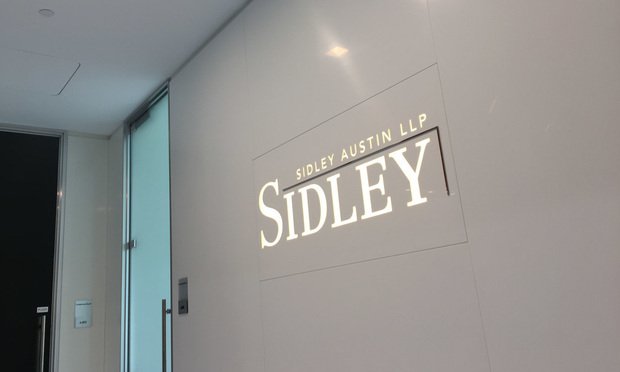Now Reading: Can I Claim Compensation If I’ve Been Hurt In A Hit-And-Run Accident?
-
01
Can I Claim Compensation If I’ve Been Hurt In A Hit-And-Run Accident?
Can I Claim Compensation If I’ve Been Hurt In A Hit-And-Run Accident?
If you’ve been the victim of a hit-and-run accident, you may be able to claim compensation for your injuries and other damages. However, it can be difficult to obtain compensation if the at-fault driver cannot be identified. In the UK, this is where the Motor Insurance Bureau (MIB) comes in.
In this guide, we’ll explain the role of the MIB and how they can help you receive compensation when a hit-and-run driver can’t be located.
How is a Hit and Run Accident Defined?
A hit-and-run accident is defined as an incident where a driver fails to stop at the scene after causing damage or injury. Hit-and-run accidents can be particularly distressing for victims, often leaving them feeling vulnerable and alone.
In some cases, the identity of the at-fault driver may be known. However, it’s not always possible to track down the person responsible – especially if they flee the scene before any witnesses have a chance to get their details.
When this happens, it’s classed as an ‘untraced’ hit-and-run accident. If you find yourself in this situation, don’t worry – there are still ways to claim compensation (which we’ll discuss later on)
Who Are The Motor Insurance Bureau?
The Motor Insurance Bureau (MIB) is a UK government organization that compensates victims of uninsured and untraced drivers. In other words, if you’re involved in an accident with a driver who doesn’t have insurance or flees the scene before they can be identified, the MIB may be able to help.
What Does The MIB Do?
The MIB operates two schemes that may be able to help you receive compensation after being involved in an accident with an uninsured or untraced driver. These are the:
Uninsured Drivers’ Agreement
This scheme provides financial compensation when you’re involved in an accident with an uninsured driver. The compensation you can receive will depend on the severity of your injuries and other damages (such as damage to your vehicle).
Untraced Drivers’ Agreement
This scheme provides financial compensation when you’re involved in an accident with a driver who flees the scene before they can be identified. Again, the amount of compensation you can receive will depend on the severity of your injuries and other damages.
Under these schemes, the MIB will compensate victims of accidents caused by uninsured or untraced drivers up to a maximum of £100,000.
If you’re involved in an accident with an uninsured driver, the MIB will also work with the police to help track down and prosecute the offender.
How Do I Claim Compensation From The MIB?
If you want to make a claim under either of the MIB’s schemes, you’ll need to contact them directly. You can do this by calling their 24-hour helpline or by completing their online claim form.
When making a claim, you’ll need to provide details about the accident, including when and where it happened, as well as any injuries or damage caused. You’ll also need to supply your contact details and insurance policy information.
The compensation claim may include the following –
- Medical expenses
- Loss of earnings
- Damage to your vehicle
- Repair costs
- Hire car costs
- Legal fees
- Travel expenses.
You may also be able to claim for other damages, such as pain and suffering or loss of enjoyment of life. The MIB will assess each case on its own merits to determine the level of compensation payable.
Do I Need A Solicitor To Claim Compensation From The MIB?
You don’t need a solicitor to make a claim under either of the MIB’s schemes. However, even what may seem a very straightforward case can quickly become complex. For this reason, it’s a good idea to seek legal advice from a company such as Claims Action.
A solicitor will be able to help you gather evidence to support your claim, as well as negotiate with the MIB on your behalf. They can also advise you on whether you have a case under the MIB’s schemes or whether you should pursue another avenue for compensation, such as making a claim on your own insurance policy.
How Much Compensation Will I Receive If My Claim Is Successful?
The amount of compensation you’ll receive if your claim is successful will depend on the nature and severity of your injuries. For example, if you’ve suffered severe injuries that have left you with a disability, you could receive tens of thousands of pounds in compensation.
In cases where the victim has died, their family may be able to claim funeral expenses and other damages.
Must I Still Claim On My Own Insurance?
Yes. Even if you’re successful in claiming compensation from the MIB, you should still make a claim on your own insurance policy. This is because the MIB’s schemes are designed to supplement, not replace, any existing cover you have.
What If My Claim Is Rejected?
If your claim is rejected, don’t despair – you may still be able to receive compensation through the courts. To do this, you’ll need to instruct a solicitor specializing in personal injury claims. They’ll assess your case and advise you on the best course of action.
If you decide to take legal action, it’s important to note that strict time limits are in place. In most cases, you’ll need to start court proceedings within three years of the accident happening (or within three years of finding out that you’ve suffered an injury as a result of the accident).










